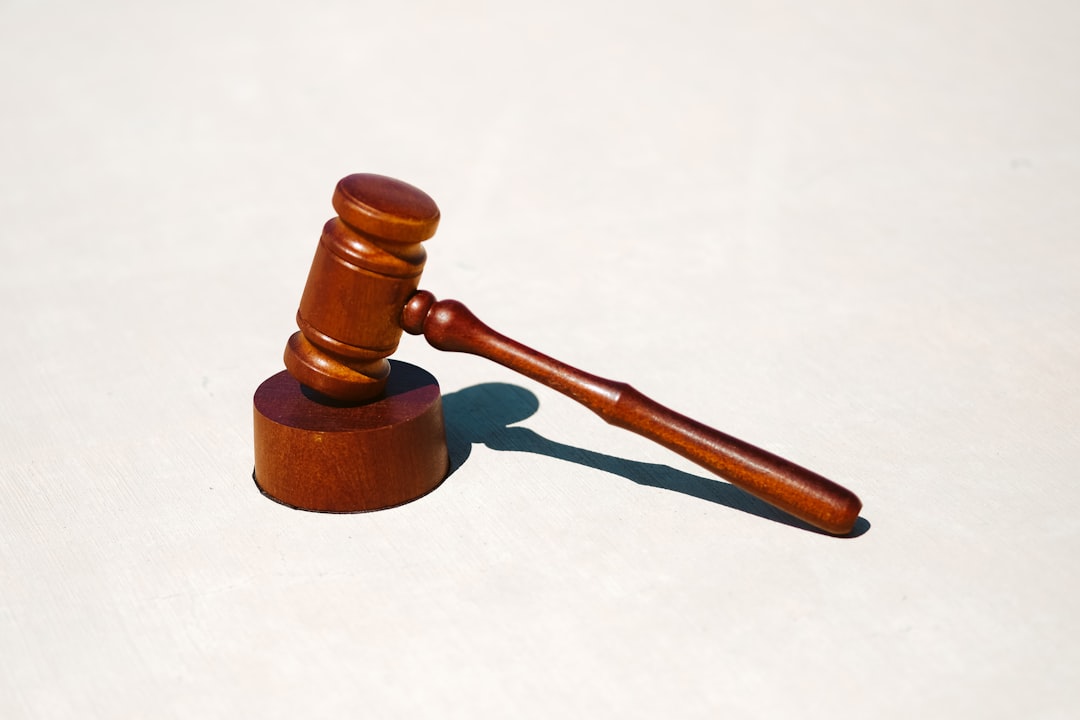Understanding corporal punishment vs. child abuse is crucial for Florida parents. While physical discipline is legal under certain conditions, causing injury, significant pain, or risk of serious harm crosses the line. A child abuse lawyer in Florida guides caregivers on positive discipline methods and navigates legal complexities. These cases involve cultural norms and intent, with court decisions shaping policy. Connecting with a trusted child abuse lawyer protects children's rights and ensures justice. Organizations dedicated to prevention offer crucial support and services.
In Florida, the debate surrounding corporal punishment has long been a complex issue. While some view it as a form of discipline, others recognize its potential to escalate into child abuse. This article explores Florida’s laws on corporal punishment, delving into the distinction between legitimate discipline and abusive behavior. We examine legal definitions of child abuse, analyze significant court cases, and highlight resources available for children and families. For those in need of legal counsel, connecting with a qualified child abuse lawyer in Florida can provide crucial support.
Understanding Florida's Laws on Corporal Punishment

In Florida, understanding the distinction between corporal punishment and child abuse is crucial for parents and guardians. The state recognizes corporal punishment as a form of discipline when it’s reasonable and doesn’t cause excessive or unreasonable harm. This means that parents have the legal right to use reasonable force to correct their children’s behavior. However, the line between acceptable discipline and child abuse can be blurry. A child abuse lawyer in Florida can help clarify these gray areas.
If corporal punishment results in visible injuries, significant physical pain, or creates a substantial risk of death or serious bodily injury, it crosses the legal threshold from discipline to potential child abuse. Additionally, any form of punishment that involves shaming, humiliation, or psychological harm is not permitted under Florida law. Parents should opt for positive discipline methods and seek professional help if they struggle with controlling their anger or aggression towards their children.
Differentiating Between Discipline and Abuse

In Florida, as in many places, the line between discipline and abuse can be blurry. While corporal punishment—which includes actions like spanking or slapping a child—is legal in the state for certain ages under specific circumstances, it’s crucial to distinguish these from instances of child abuse. A child abuse lawyer in Florida can help clarify these nuances.
Discipline is intended to teach and guide, while abuse inflicts harm beyond the momentary pain or fear it may cause. It’s not about causing physical or emotional distress as a form of punishment, but rather using positive and negative reinforcement to encourage good behavior. Understanding this distinction is essential for parents, caregivers, and even legal professionals navigating cases involving child welfare in Florida.
Legal Definition of Child Abuse in Florida

In Florida, child abuse is defined as any act or omission by a parent, guardian, or legal custodian that causes or allows significant harm to a child. This includes physical abuse, sexual abuse, emotional abuse, and neglect. A child abuse lawyer in Florida can help navigate the complex legal definitions and prove the necessary elements to establish a case of child abuse. Physical punishment, when it involves intentional injury or excessive force, crosses the line from discipline to abuse. According to state law, it is illegal for parents or caregivers to use corporal punishment as a disciplinary measure, making it crucial for residents to understand their rights and obligations regarding child welfare.
Case Studies: Court Decisions on Corporal Punishment

In Florida, cases involving corporal punishment and child abuse are taken seriously by the legal system. Court decisions play a crucial role in shaping public policy and setting precedents for future cases. A notable example is the 2019 Supreme Court ruling in T.M. v. State, which addressed the constitutionality of a law allowing parents to use reasonable force in disciplining their children. The court struck down the law, stating that it could lead to child abuse and that parental discipline must adhere to clear legal boundaries. This decision underscored the importance of distinguishing between corporal punishment and abusive behavior.
These cases often involve complex factors such as cultural norms, family dynamics, and the intent behind disciplinary actions. A skilled child abuse lawyer Florida can navigate these intricacies, ensuring that justice is served while protecting the rights and well-being of children. By examining case studies and their outcomes, it becomes evident that the legal system is continually evolving in its understanding of child discipline, aiming to protect against potential abuse while allowing for appropriate parental guidance.
Advocate for Children: Resources and Support

In Florida, advocates for children’s rights are crucial in the ongoing debate surrounding corporal punishment and its distinction from child abuse. If you or someone you know is dealing with issues related to child abuse, connecting with a reliable child abuse lawyer Florida can be a significant step towards justice and healing. These legal professionals specialize in protecting the rights of children and ensuring their safety. They offer resources and support, guiding victims and families through complex legal processes.
There are numerous organizations dedicated to providing assistance to survivors and raising awareness about child abuse prevention. These advocates work tirelessly to educate communities, offer counseling services, and provide a safe space for reporting suspected cases. With their help, individuals can navigate the legal system effectively, ensuring that perpetrators face consequences while prioritizing the well-being of affected children.






